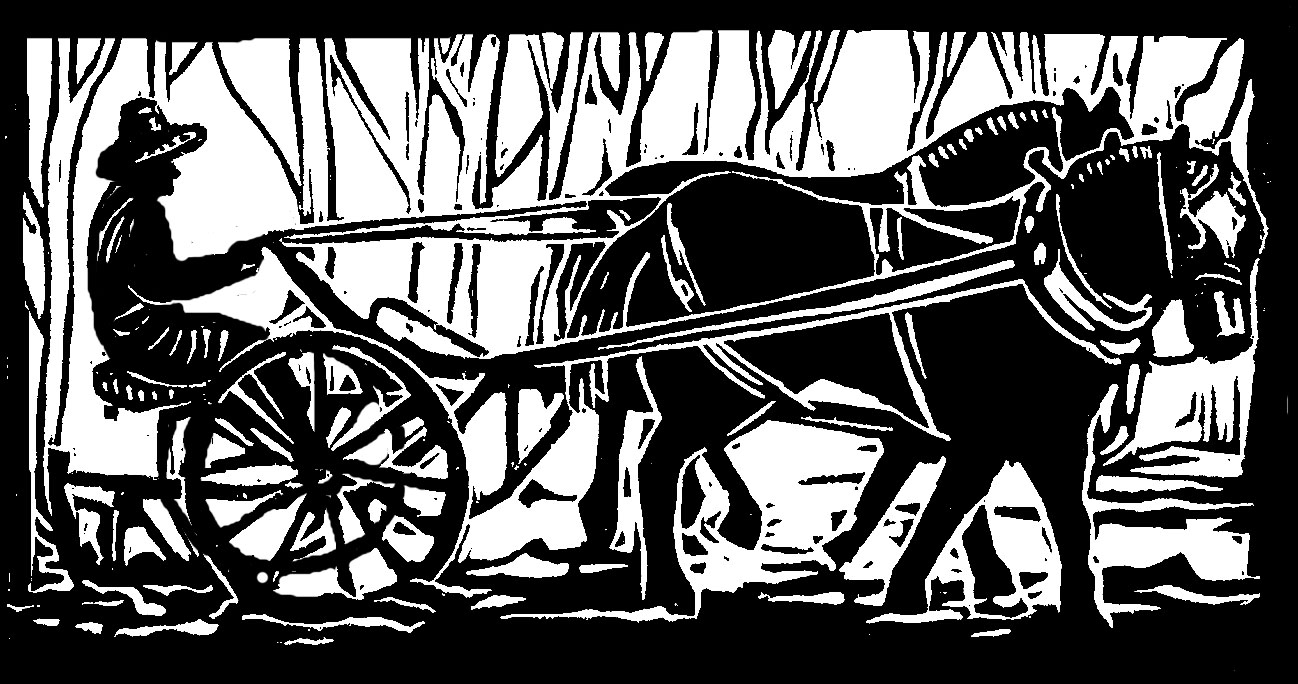I've been reading a lot of poems this winter.
Lest you think that this farming and sustainability column is going to veer irretrievably off into poetry and other such wifty realms, let me reassure you that, in fact, I read poetry all the time, and still function as a farmer. But this winter I discovered a poem, by Thomas Merton, that pretty much sums up how I feel as a New Hampshire vegetable farmer in the winter.
There are some lovely lines in the poem, such as “O covered stones/ Hide the house of growth!” and “Fire, turn inward,” but my favorite is both the title and the last line of the poem: “Love winter when the plant says nothing.”
Oh, I do love winter, when the plant says nothing. I also love summer, spring, and fall, when the plant says a lot. But winter allows me a period of quiet contemplation that is not worried by the quantity and quality of the harvest, or the quantity and the quality of the weeds, or the quantity and the quality of the farmwork I am accomplishing.
No, winter lets me be. Winter lets me root around in a box so long neglected that I find all kinds of things I'd thoroughly forgotten. You might wonder, in this context, if I am writing of a metaphorical box, but this is an actual box, and I actually found in it, just yesterday: a book of poetry! by Jane Hirshfield!
Hirshfield is another poet I love, and apparently this book had been in a bunch of stuff my sister was trying to rid her house of (oh, get that poetry away from me!), and somehow I missed it. But here is this lovely new book, right in my lap, and now I can think about both Thomas Merton, the Trappist monk/writer, and Jane Hirshfield, the Buddhist poet, at the same time.
Also, if you're still with me in this sort-of-farming column thus far, now I can say as well:
I've been reading a lot of theology, or religion or spiritual kind of stuff, this winter. (I repeat: lest you think that this farming and sustainability column is going to veer irretrievably off into those wifty realms, let me reassure you that, in fact, I read theology/religion/spirituality books all the time, and still function as a farmer.)
And if you're still reading this column, I will also admit to recently reading a 555 page book titled The Life You Save May Be Your Own: An American Pilgrimage, by Paul Elie, which is about the four Catholic writers Thomas Merton, Flannery O'Connor, Walker Percy, and Dorothy Day, and their explorations of religious faith through writing.
It was a long book, even for someone interested in writing and spiritual matters, and it's possible I might not have read it at all if the library hadn't been closed because of the pandemic, but there it was in my house and I picked it up. It took me a number of months to finish, especially since I started it in the high season of farming.
But finish it I did, and I particularly liked reading about Merton and his monk-life. Merton inspired many people to turn towards a more contemplative life though his writings, and, in his later years, he also found himself with a lively interest in Buddhism, and in the resonances between Christian and Buddhist contemplation.
In his fifties, Merton visited Asia and many of the spiritual luminaries of his day, including Vietnamese monk Thich Nhat Hanh and the Dalai Lama of Tibetan Buddhism. As Merton wrote, while in Asia, “There is no puzzle, no problem, and really no 'mystery.' All is clear. The rock, all matter, all life, is charged with dharmakaya – everything is emptiness and everything is compassion” (Elie 420).
Yes! Wow! and now I get to go from that beautiful understanding of the world to Jane Hirshfield, and one of her early books called Of Gravity and Angels, which is the book I just discovered in my box, and then maybe I'll go on to Hirshfield's translations of poems written by women of the ancient court of Japan, or her essays on poetry, or her thoughts on Zen Buddhism, or her ideas on science, nature, and environmental issues, all of which are directly related to sustainable farming in my mind, and probably in yours now too.
And what better place to end a farmingish column in winter then with another bit from Merton's poem: “Oh peace, bless this mad place. / Silence, love this growth.”
Originally published in the Monadnock Shopper News, Jan 13 - Jan 19, 2021
